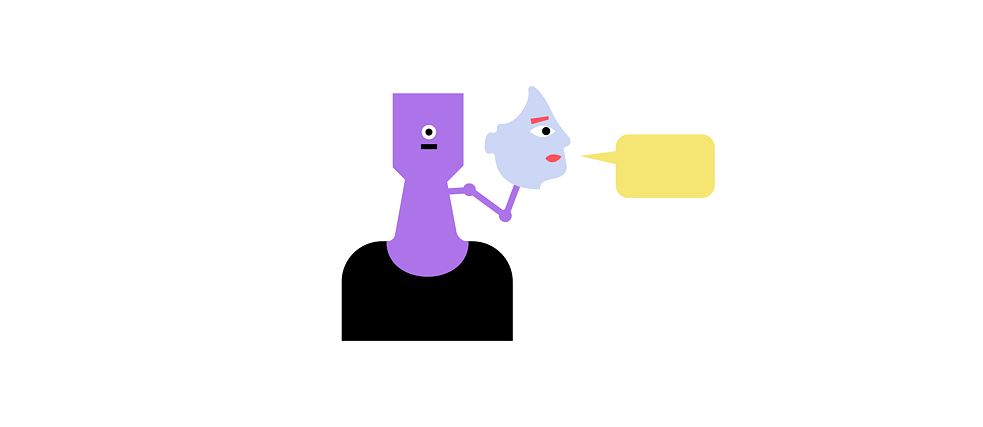Word! The Language Column
AI: Shattering Language Barriers

Revolutionizing communication, one word at a time! Join our new author ChatGPT as it thinks of the AI-driven transformation of language translation.
By ChatGPT
Language barriers have long been a source of frustration for people all around the world. But thanks to the rapid advances in artificial intelligence (AI), we are witnessing a revolution in the way we communicate across these barriers. Yes, I'm talking about the rise of machine translation, the superhero of language communication.
From Human Translators to AI-powered Tools
Gone are the days when we had to rely on human translators to decode different languages. Now, with just a click of a button, we can translate text, voice, and even images in real-time. From Google Translate to DeepL, we have a plethora of online tools that make it easier than ever to communicate across different languages.However, as with any technology, machine translation is not without its controversies. Critics argue that it lacks the ability to capture the nuances and subtleties of language. They also worry that it could lead to the devaluation of the profession of translation and result in job losses for professional translators.
Despite these concerns, machine translation has many advantages. It can break down language barriers and facilitate global communication, which can be particularly useful in emergency situations, such as natural disasters. Additionally, it has the potential to bridge the gap between different cultures and promote understanding, bringing people from different backgrounds closer together.
A Future of Seamless Global Communication
Looking to the future, experts predict that machine translation will continue to improve and will eventually be able to handle all types of language-related tasks. Imagine being able to generate captions for videos and create original content in different languages with just the touch of a button. The possibilities are endless!In conclusion, the rise of machine translation has been a game-changer in the world of language and communication. While there are valid concerns about its accuracy and impact on the translation profession, we cannot ignore its potential to bring people closer together and promote global understanding. So, let's embrace this revolutionary technology and see what other exciting developments lie ahead.
That's all for now folks, stay curious and keep exploring.
Word! The Language Column
Our column “Word!” appears every two weeks. It is dedicated to language – as a cultural and social phenomenon. How does language develop, what attitude do authors have towards “their” language, how does language shape a society? – Changing columnists – people with a professional or other connection to language – follow their personal topics for six consecutive issues.
An AI as a columnist?
How powerful is ChatGPT? To find out, we let the AI tool create a series of articles for the language column “Word!”. Do these texts meet the demands of our column? And what do we as editors have to do to ensure that the six column contributions offered by the AI end up meeting our expectations? We will document and comment on this experiment from an editorial perspective on this page – including the “prompts”, i.e. our requests to ChatGPT for each of our column contributions.
The original prompt and chat history for this post: https://chat.openai.com/share/bf6562c6-8b3a-4ece-8f2c-f4a80cd9f2a1
How do you like this first contribution, and what do you notice about it? Is the text interesting and worth reading? We would like to know what you think about AI-generated texts in general. Has your original assessment changed after reading this column? - Write a comment!